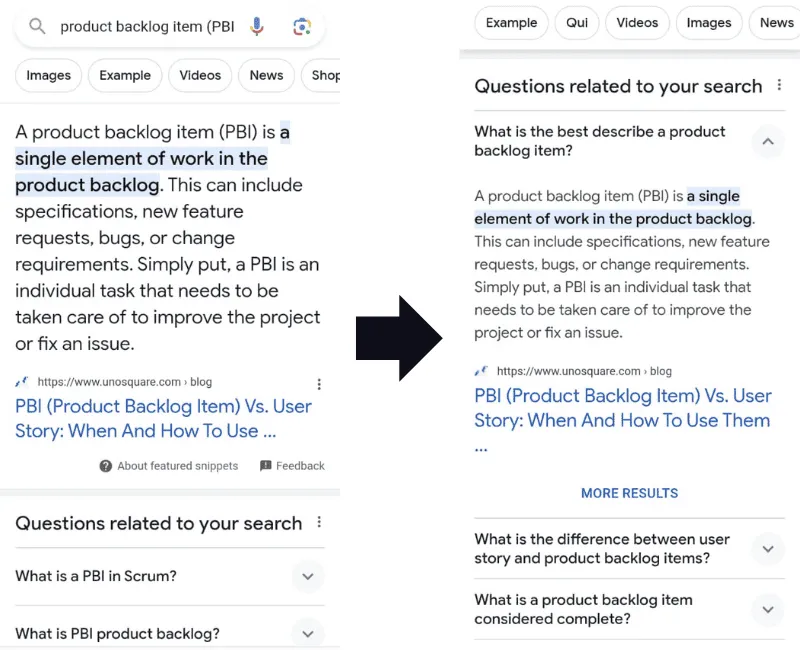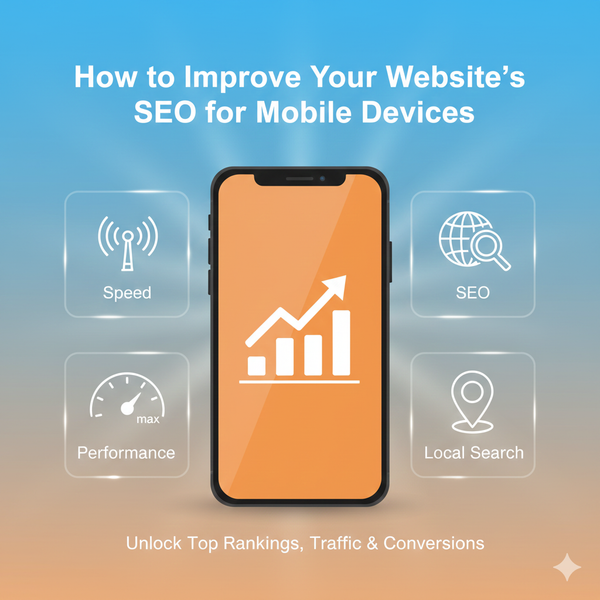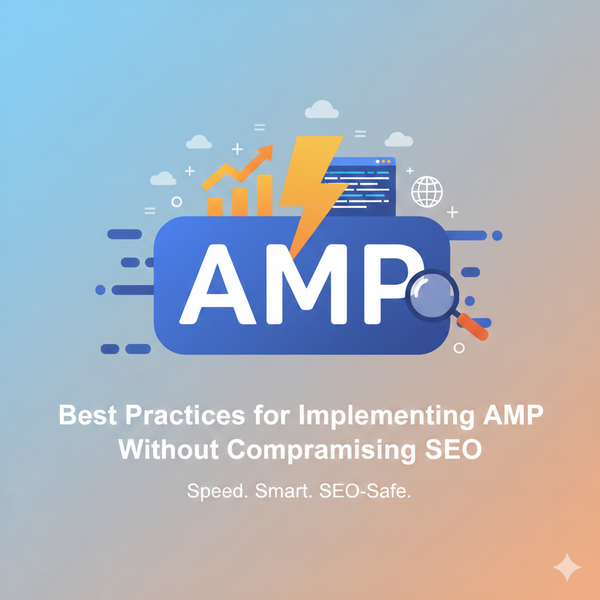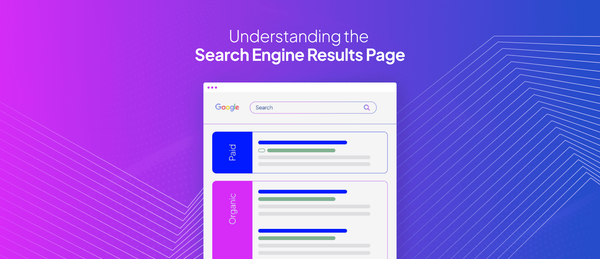Improving website performance and SEO is a continuous journey, and staying ahead in the digital landscape requires employing smart strategies. In this post, we’ll explore how incorporating meta-information, metaviewport tags, and Schema.org markup can significantly impact your website’s success. These practices not only enhance user experience but also boost your search engine rankings, making your content more accessible and appealing to both users and search engines.
Meta-information for Enhanced Search Visibility
Meta-information, including meta titles and meta descriptions, plays a vital role in how your website appears in search results. Craft compelling and relevant meta titles (title tags) that accurately represent the content of each webpage. Keep them concise, around 50–60 characters, and include target keywords to improve click-through rates.
Example of Meta Title:
<!DOCTYPE html>
<html>
<head>
<title>Optimize Your Website Performance and SEO | Best Practices</title>
</head>
<body>
<!-- Page content here -->
</body>
</html>Craft engaging meta descriptions that provide a concise summary of the page’s content, encouraging users to click through to your site. Aim for 150–160 characters and use relevant keywords naturally.
Example of Meta Description:
<!DOCTYPE html>
<html>
<head>
<title>Optimize Your Website Performance and SEO | Best Practices</title>
<meta
name="description"
content="Learn how to enhance your website's performance and SEO with smart strategies. Boost user experience and search rankings."
/>
</head>
<body>
<!-- Page content here -->
</body>
</html>Metaviewport Tags for Mobile-friendly Websites
With the increasing use of mobile devices, a mobile-friendly website is crucial for SEO success. Implement the metaviewport tag to ensure your webpages scale correctly on different screen sizes, providing a seamless experience for mobile users.
Example of Metaviewport Tag:
<!DOCTYPE html>
<html>
<head>
<meta name="viewport" content="width=device-width, initial-scale=1.0" />
<title>Optimize Your Website Performance and SEO | Best Practices</title>
</head>
<body>
<!-- Page content here -->
</body>
</html>The metaviewport tag ensures that your website adapts to various devices, aligning with Google’s mobile-first indexing and positively impacting your SEO rankings.
Schema.org Markup for Rich Snippets
Implementing Schema.org markup allows you to provide structured data to search engines, enabling them to display rich snippets in search results. Rich snippets enhance your website’s visibility and attract more clicks by displaying additional information, such as star ratings, reviews, and event details.
Example of FAQ Schema Markup:
<!DOCTYPE html>
<html>
<head>
<title>Optimize Your Website Performance and SEO | Best Practices</title>
<script type="application/ld+json">
{
"@context": "https://schema.org",
"@type": "FAQPage",
"mainEntity": [
{
"@type": "Question",
"name": "Why is website performance important for SEO?",
"acceptedAnswer": {
"@type": "Answer",
"text": "Website performance impacts user experience and search engine rankings. Faster websites are favored by search engines and lead to higher user satisfaction."
}
},
{
"@type": "Question",
"name": "How can I optimize my website's loading speed?",
"acceptedAnswer": {
"@type": "Answer",
"text": "Optimize images, enable browser caching, and minify CSS and JavaScript files to improve your website's loading speed."
}
},
{
"@type": "Question",
"name": "What is the importance of mobile optimization?",
"acceptedAnswer": {
"@type": "Answer",
"text": "Mobile-friendly websites are prioritized by search engines and provide better user experiences, positively impacting SEO rankings."
}
}
]
}
</script>
</head>
<body>
<!-- Page content here -->
</body>
</html>By using Schema.org markup, such as the FAQPage schema, you make your content more structured and informative, which search engines appreciate, ultimately leading to higher visibility in search results.

Implementing meta-information, metaviewport tags, and Schema.org markup are essential components of your website’s performance and SEO strategy. Optimized meta titles and descriptions improve search visibility and attract more clicks, while metaviewport tags ensure a seamless experience for mobile users.
Leveraging Schema.org markup, such as the FAQ schema, enhances search engine understanding of your content, leading to rich snippets and higher click-through rates. By integrating these practices into your website, you’ll not only elevate your search engine rankings but also create a more user-friendly and engaging experience for your visitors.
Stay committed to these best practices, and your website will thrive in the competitive digital landscape, delivering valuable content to your audience and impressing search engines alike.




